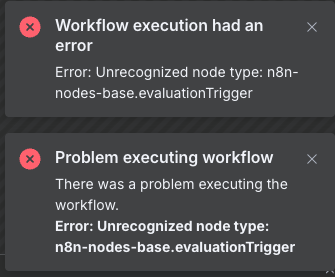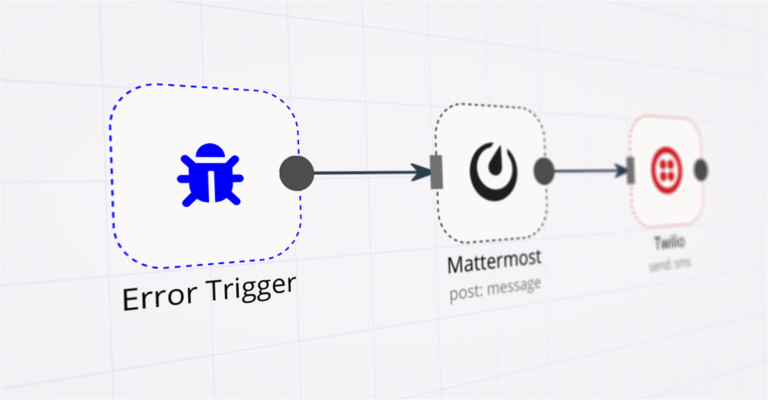
In recent years, cloud computing has become an integral part of the technology landscape, enabling businesses to increase efficiency, flexibility, and scalability. Amazon Web Services (AWS) has been a dominant player in the cloud computing industry, offering a wide range of services to meet the needs of businesses of all sizes. One of the latest advancements in the world of AWS is the introduction of Bedrock, a revolutionary new platform that is set to change the game for cloud computing.
What is Bedrock AWS?
Bedrock is a new platform within AWS that aims to simplify and streamline the process of building and managing infrastructure in the cloud. It provides a set of pre-configured, best-practice templates, known as modules, that can be used to automate the deployment of infrastructure resources. These modules are designed to be reusable, scalable, and easy to maintain, making it easier for businesses to build and manage their cloud infrastructure.
Key Features of Bedrock AWS
Bedrock comes with several key features that set it apart from traditional cloud computing platforms:
- Modularity: Bedrock is built on the concept of modules, which are reusable building blocks for infrastructure setup. This makes it easy to create and manage complex infrastructure setups without starting from scratch each time.
- Scalability: With Bedrock, businesses can easily scale their infrastructure resources up or down as needed, without the need for manual intervention. This is particularly useful for businesses with fluctuating resource demands.
- Security: Bedrock comes with built-in security best practices, ensuring that infrastructure setups are secure by default. This helps businesses to comply with industry regulations and protect their data from potential threats.
- Automation: Bedrock allows for the automation of infrastructure setup and management, reducing the need for manual intervention and minimizing the risk of human error.
Benefits of Bedrock AWS
The introduction of Bedrock has brought about several benefits for businesses using AWS:
- Cost Savings: By automating infrastructure setup and management, Bedrock helps businesses to save time and resources, ultimately leading to cost savings.
- Efficiency: Bedrock streamlines the process of building and managing infrastructure, allowing businesses to be more efficient and agile in their operations.
- Reliability: With Bedrock’s modular and scalable approach, businesses can build reliable infrastructure setups that can easily adapt to changing demands.
- Flexibility: Bedrock allows businesses to customize infrastructure setups to meet their specific needs, giving them greater flexibility and control over their resources.
Conclusion
Bedrock AWS is set to revolutionize cloud computing by simplifying and automating the process of building and managing infrastructure. Its modular, scalable, and secure approach offers businesses a new level of flexibility, efficiency, and reliability in the cloud. With the introduction of Bedrock, AWS continues to be a driving force in the evolution of cloud computing, helping businesses to stay competitive and innovative in the digital age.





